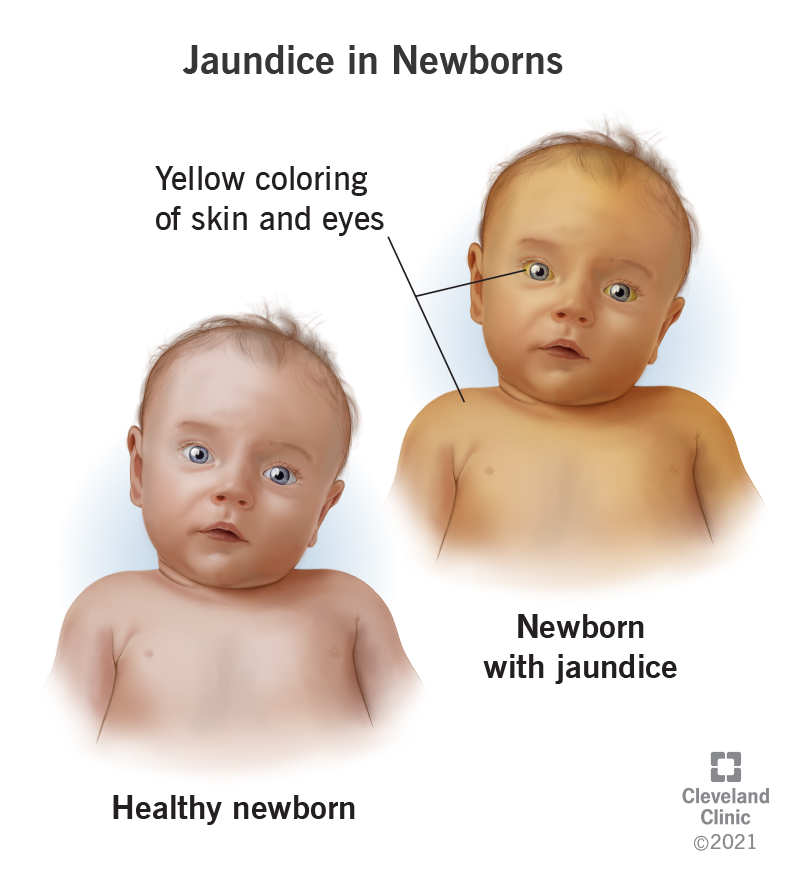RELEVANT RESEARCH
Neonatal Jaundice
Worldwide, it is estimated that up to 60% of full-term infants and 80% of premature infants develop jaundice during their first week of life. Jaundice is associated with high levels of bilirubin in the blood, known as hyperbilirubinemia. Typically, mild cases of jaundice resolve within 3-5 days without complications, but 8-11% of infants develop moderate to severe jaundice. If severe jaundice is left untreated, the unconjugated bilirubin can penetrate the blood-brain barrier and can lead to encephalopathy, cerebral palsy, and even death.


Kangaroo Care
Kangaroo care involves prolonged skin-to-skin contact between parent and child following birth. The benefits of kangaroo mother care immediately after birth include calming the infant, reminding the infant to breathe thus decreasing the frequency of apneic episodes, helping the infant maintain normothermia, improved brain maturation, promoting bonding between the parent and infant due to increased levels of oxytocin, helping the mother to produce more milk and ultimately decreasing infant mortality.
Filtered Sunlight Phototherapy
Filtered sunlight phototherapy is a safe and effective means of providing phototherapy that has been validated in large randomized control trials. The filter selectively allows the correct light to pass through while blocking harmful UV-A and UV-B rays from the sun to provide simple, effective, non-electric phototherapy. While the canopy setup provides high-quality phototherapy, neonates are usually separated from their parents and can easily overheat from the sun. Thus, pediatric nurses who are already stretched thin with a high patient to nursing ratio have to remember to go out of the hospital to check the baby’s temperature hourly lest the baby suffer from hyper/hypothermia. These barriers have prevented widespread implementation of an otherwise effective, low-cost, and non-electric treatment.

